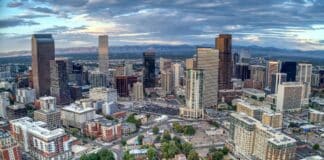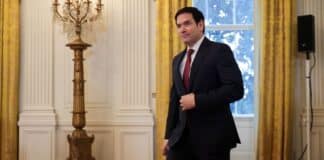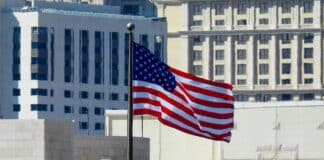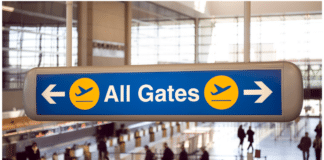A federal judge has certified a class-action lawsuit against Tesla, allowing California drivers to proceed with claims that the automaker misled consumers about its so-called Full Self-Driving (FSD) technology. Plaintiffs allege that Tesla falsely promoted the vehicles as capable of autonomous driving despite lacking the hardware and functionality to fulfill those promises. The lawsuit targets marketing statements dating back to 2016.
The ruling marks a significant legal challenge to Tesla’s long-standing claims about its driver-assistance systems and could impact the company’s future promotional practices.
U.S. District Judge Rita Lin ruled that two distinct groups of Tesla owners may pursue the lawsuit. The first includes those who purchased the FSD package between May 19, 2017, and July 31, 2024. The second covers earlier buyers from October 20, 2016, to May 19, 2017, provided they opted out of Tesla’s arbitration agreement. The court determined that these groups share a common legal question: whether Tesla made misleading claims about the capabilities of its vehicles.
Judge Lin found Tesla’s marketing—including blog posts, website claims, newsletters, and public statements—contained language that could reasonably lead consumers to believe the vehicles had or soon would have full self-driving capabilities. Tesla argued that not all consumers were exposed to the same promotional materials, but the court rejected that defense. The judge stated it is reasonable to infer that buyers saw the company’s widely distributed content.
The court declined to certify a separate class for purchasers of Tesla’s Enhanced Autopilot package. Lin ruled that autonomy-related claims were not a material factor in those buyers’ decisions. The certified class action now focuses exclusively on Tesla’s premium FSD package, which has been the subject of regulatory and consumer scrutiny for years.
Tesla has previously come under fire from federal regulators and consumer safety advocates for overstating the abilities of its driver-assist systems. The company continues to use the term “Full Self-Driving” for a software package that still requires driver supervision. CEO Elon Musk has repeatedly promised that full autonomy is on the horizon, but a fully autonomous, cross-country drive has yet to be demonstrated.
The lawsuit proceeds as Tesla faces increasing pressure from lawmakers and transportation authorities to clarify the limitations of its FSD system. The outcome of the case could set a precedent for how tech-driven automakers market experimental features to the public.





